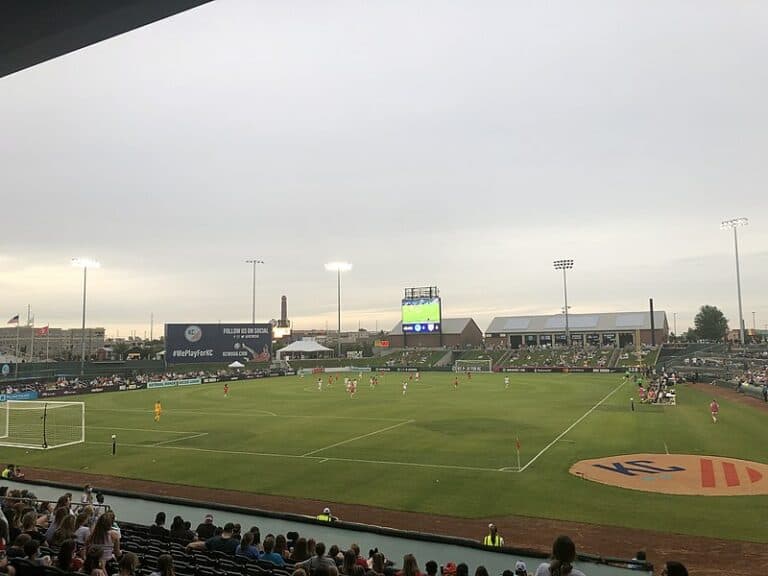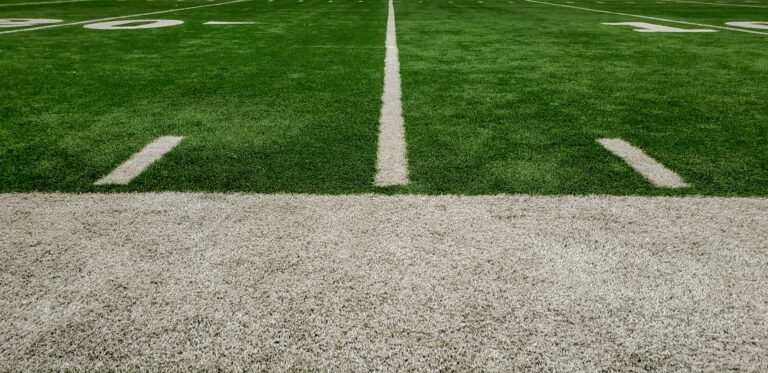
Alex Blutman is a student at Harvard Law School and a member of the Labor and Employment Lab.
As previously discussed, the Supreme Court’s opinion in NCAA v. Alston was a narrow ruling on strictly antitrust grounds, but the decision has the potential to more broadly alter the landscape of collegiate athletics. That potential is already being realized, as a proposed collective and class action suit seeks to apply the court’s reasoning in Alston in an attempt to win college athletes the right to compensation as employees. The plaintiffs contend that NCAA amateurism rules, which bar direct payment for athletic activities, violate the Fair Labor Standards Act and state law. Their complaint explains that “student athletes—engaged in athletic work that is unrelated to academics; supervised by full-time, well-paid coaching and training staff; and integral to the billion dollar Big Business of NCAA sports—are student employees as much as, and arguably more than, fellow students employed in Work Study programs.” Plaintiffs’ argument is that Alston—standing for the idea that traditional NCAA rules cannot avoid ordinary judicial scrutiny merely by relying on the concept of “amateurism”—should permit the federal district court to conduct a fact-intensive inquiry of the players’ relationship with their universities under the FLSA. The NCAA, meanwhile, seeks to disavow any import Alston may have beyond the antitrust context, arguing that the ruling “does not affect the [FLSA] claims” and “leaves undisturbed the idea that athletics in colleges and universities has an educational purpose, student-athletes are students, and they should not be paid to play sport as if they were instead professionals.” Justice Kavanaugh’s much-discussed Alston concurrence seems to suggest that college athletes are workers, and, as Rutgers University labor professor Rebecca Givan explains, a win for plaintiffs in this case means not just monetary compensation, but the potential for other employee rights, such as the right to form unions.
The NFL has fined the Washington Football Team $10 million following the league’s investigation into the team’s workplace culture. The saga traces back to last summer, when The Washington Post reported on allegations of sexual harassment and verbal abuse by fifteen women who previously worked for the organization. The team launched a third-party investigation led by attorney Beth Wilkinson that the NFL took over shortly after its inception. Then, in February, the team reached a settlement with its former cheerleaders over lewd videos made without their knowledge during swimsuit calendar photo shoots. Based on Wilkinson’s report, the NFL concluded that “for many years the workplace environment at the Washington Football Team, both generally and particularly for women, was highly unprofessional. Bullying and intimidation frequently took place and many described the culture as one of fear, and numerous female employees reported having experienced sexual harassment and a general lack of respect in the workplace.” In addition to the fine, the funds from which will be used to support character education and anti-bullying organizations, the NFL has ordered all WFT senior executives to take part in training in workplace conduct, covering topics such as bullying, diversity and inclusion, LGBTQ+ issues, microaggressions, and unconscious bias.










Daily News & Commentary
Start your day with our roundup of the latest labor developments. See all
February 25
OSHA workplace inspections significantly drop in 2025; the Court denies a petition for certiorari to review a Minnesota law banning mandatory anti-union meetings at work; and the Court declines two petitions to determine whether Air Force service members should receive backpay as a result of religious challenges to the now-revoked COVID-19 vaccine mandate.
February 24
In today’s news and commentary, the NLRB uses the Obama-era Browning-Ferris standard, a fired National Park ranger sues the Department of Interior and the National Park Service, the NLRB closes out Amazon’s labor dispute on Staten Island, and OIRA signals changes to the Biden-era independent contractor rule. The NLRB ruled that Browning-Ferris Industries jointly employed […]
February 23
In today’s news and commentary, the Trump administration proposes a rule limiting employment authorization for asylum seekers and Matt Bruenig introduces a new LLM tool analyzing employer rules under Stericycle. Law360 reports that the Trump administration proposed a rule on Friday that would change the employment authorization process for asylum seekers. Under the proposed rule, […]
February 22
A petition for certiorari in Bivens v. Zep, New York nurses end their historic six-week-strike, and Professor Block argues for just cause protections in New York City.
February 20
An analysis of the Board's decisions since regaining a quorum; 5th Circuit dissent criticizes Wright Line, Thryv.
February 19
Union membership increases slightly; Washington farmworker bill fails to make it out of committee; and unions in Argentina are on strike protesting President Milei’s labor reform bill.